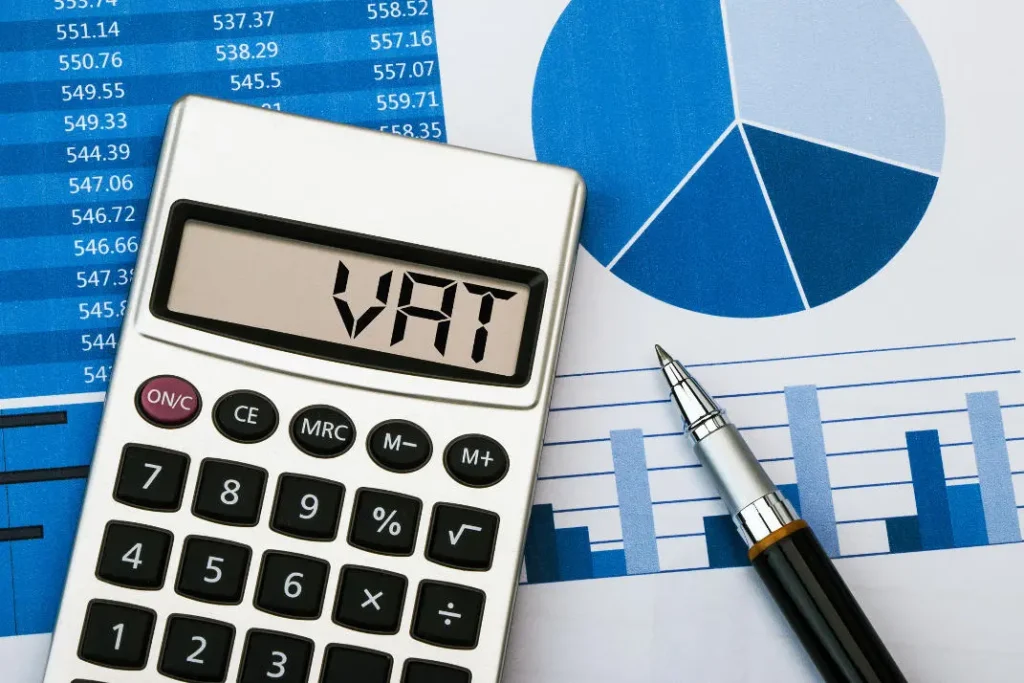Introduction
In the global effort to combat tax evasion and promote financial transparency, Foreign Account Tax Compliance Act was introduced by the United States. Thailand, as of 2016 has been a signatory to the agreement. With Thailand becoming a signatory to this agreement, US citizens in Thailand are subject to enhanced tax compliance and cross-border cooperation, meaning the IRS can ensure compliance with all US tax laws and requirements, even if not a resident of the US.
This article explores the background, implementation, and impact of the Foreign Account Tax Compliance Act on US citizens in Thailand.
Key Points
- FATCA requires Thai financial institutions to report information about accounts held by U.S. citizens to the IRS, affecting U.S. expats living in Thailand.
- U.S. citizens residing in Thailand must still report their worldwide income to the IRS and may face additional reporting requirements like FBAR and Form 8938.
- The FATCA agreement allows Thai banks to freeze or levy accounts of U.S. citizens at the IRS’s request, enhancing the IRS’s ability to enforce tax compliance.
- U.S. expats can minimise tax liability through strategies like the Foreign Earned Income Exclusion and Foreign Tax Credit.
- FATCA implementation in Thailand poses challenges related to data privacy, administrative burden for financial institutions, and potential impacts on account holders.
Why was FATCA Introduced?
The United States enacted the Foreign Account Tax Compliance Act in 2010 with the intention of combating offshore tax evasion by U.S. taxpayers. The legislation requires that foreign financial institutions (FFIs) identify and report information about financial accounts held by U.S. persons. Failure to comply with FATCA’s reporting requirements can result in a 30% withholding tax on certain U.S. source payments, providing a powerful incentive for cooperation.
What is Thailand’s Commitment?
Thailand became a signatory to the Foreign Account Tax Compliance Act in 2016 with the signing of an Intergovernmental Agreement (IGA) with the United States. This agreement, formally known as the “Agreement between the Government of the Kingdom of Thailand and the Government of the United States of America to Improve International Tax Compliance and to Implement it,” established a framework for the automatic exchange of financial account information. By committing to this agreement, Thailand demonstrated its dedication to enhancing tax transparency, improving tax administration, and preventing international tax evasion.
What are Thailand’s Obligations Under FATCA?
As a signatory to the Foreign Account Tax Compliance Act, Thailand is required to comply with the following.
The Competent Authority Arrangement (CAA)
The Competent Authority Arrangement (CAA) between Thailand and the United States delineates the procedural aspects of the Foreign Account Tax Compliance Act implementation. The Director-General of the Thai Revenue Department and the competent U.S. authority signed the CAA to facilitate compliance with the Foreign Account Tax Compliance Act reporting requirements. This arrangement enables Thai financial institutions to securely transmit the necessary financial account information through the International Data Exchange Service (IDES).
Reporting Requirements Under FATCA
Under the Foreign Account Tax Compliance Act framework, Thai financial institutions are required to identify and report accounts held by U.S. persons. This process involves several key steps:
Reporting via IDES: The collected information is then transmitted to the U.S. Internal Revenue Service (IRS) through the secure IDES platform.
Identification of U.S. Accounts: Financial institutions must review their account records to identify accounts held by U.S. taxpayers.
Information Collection: Institutions gather the required information, including account balances, income, and identifying details of account holders.
What are Thailands Compliance Deadlines and Penalties Under FATCA?
The Thai Revenue Department has set deadlines for the reporting. Due to recent updates in the IDES system, a grace period has been provided, extending the reporting deadline to September 30, 2024. During this period, penalties for late reporting will be waived, allowing institutions to adapt to the new requirements without immediate financial repercussions.
What are the Challenges and Considerations for Thailand Under FATCA?
By becoming a signatory to the Foreign Account Tax Compliance Act , there following issues must be considered.
Data Privacy and Security
A primary concern regarding the implementation is the security and privacy of sensitive financial data. The IDES system employs robust encryption and security measures to protect the transmitted information. However, financial institutions must ensure their internal systems and processes are equally secure to prevent data breaches and safeguard their clients’ confidentiality.
Administrative Burden
FATCA compliance imposes a significant administrative burden on financial institutions. The process of identifying U.S. accounts, collecting necessary information, and reporting it accurately requires substantial resources. Smaller institutions, in particular, may face challenges in allocating the required manpower and technological infrastructure to meet the requirements.
Impact on Account Holders
U.S. account holders in Thailand may experience increased scrutiny and reporting requirements. Financial institutions must inform their clients about obligations and ensure compliance without compromising customer relationships. Clear communication and transparency are key to maintaining trust while adhering to regulatory requirements.
It’s clear to see that FATCA has had a significant impact on the ability of US citizens to do things like open a bank account or a Crypto exchange wallet outside of the US. There are also examples of some banks and similar financial institutions in other countries not allowing US citizens to use their services due to the burden on the U.S Citizens.
However, this is not the case in Thailand. Most of the major banks in Thailand have taken on the FATCA requirements and allow US citizens to open accounts and use their services. In order to satisfy the FATCA requirements, Thai banks have prepared documents and forms for the US citizens to complete and sign to ensure compliance. Such provisions are also offered by leading Crypto exchanges, such as BitKub, the largest in Thailand.
The openness of Thai financial institutions to allow US citizens to use their services in compliance with FATCA, makes Thailand an attractive option as many countries don’t want to deal with it and the ability for US citizens to do anything related to finances is significantly limited.
How does this Affect International Tax Policy?
FATCA’s success in improving tax compliance and transparency may influence broader international tax policy. Other countries may adopt similar measures or strengthen existing ones to combat tax evasion and improve tax administration. The principles underlying FATCA could serve as a model for future agreements and initiatives aimed at enhancing global tax compliance.
How does FATCA Affect US Citizens Who Live and are Residents of Thailand?
FATCA significantly impacts US citizens who are residents of Thailand in the following ways:
US citizens living in Thailand for more than 180 days per year are considered tax residents and subject to Thai taxation on their worldwide income. However, they may still owe US taxes on their global income due to the US’s citizenship-based taxation system.
Thailand and the US signed a FATCA agreement in 2016 to share tax information on each other’s citizens. Under this agreement, Thai financial institutions must identify US citizen account holders and report their personal and financial details to the Thai government, which then shares the information with the IRS.
US citizens with over $10,000 in foreign financial accounts must file an annual FBAR (Foreign Bank Account Report) with the US Treasury. Failure to comply can result in severe penalties.
US expats in Thailand with over $200,000 in foreign assets on the last day of the tax year, or over $300,000 at any time during the year, must report them on Form 8938 to the IRS. The thresholds are much lower for those living in the US.
Thai banks can now freeze or levy the accounts of US citizens in Thailand at the request of the IRS, even if the account holder resides in Thailand. This significantly increases the IRS’s ability to pursue overseas tax compliance.
In practice, FATCA has made it much easier for the US IRS to identify and track down any US citizens in Thailand who are noncompliant with US tax laws.
Our Thoughts
US expats in Thailand can minimise their tax liability by utilising several strategies. They can claim the Foreign Earned Income Exclusion (FEIE) to exclude up to $120,000 of foreign-earned income from US taxes, provided they meet residency requirements. Additionally, they can take advantage of the Foreign Tax Credit to offset taxes paid to Thailand against their US tax liability.
The US-Thailand tax treaty also offers further benefits, such as reduced withholding tax rates and exemptions for certain income types. Contributing to qualified retirement plans can also lower taxable income, while maintaining accurate records of income and expenses is essential for maximising deductions and credits.





